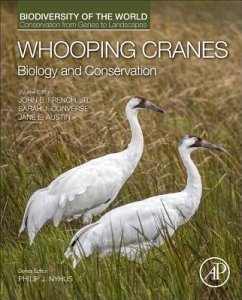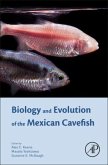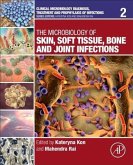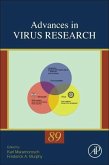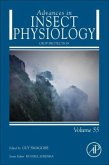Whooping Cranes: Biology and Conservation covers one of the most endangered birds in North America, and the subject of intense research and highly visible conservation activity. The volume summarizes current biological information on Whooping Cranes and provides the basis for future research necessary for conservation of this species.
This edited volume concentrates on work completed in the past 20 years in the areas of population biology, behavior and social structure, habitat use, disease and health, captive breeding, and Whooping Crane conservation. Much of the information presented comes from the study and management of remnant and reintroduced populations of Whooping Cranes in the field; some information is from experimentation and breeding of captive Whooping Cranes.
Whooping Cranes: Biology and Conservation seeks to inform and galvanize action dedicated to meeting the challenges faced by Whooping Crane managers and conservationists. Thus, it describes one model of endangered species conservation and restoration that will interest a wide audience: professionals that work on cranes; researchers in the fields of small population biology, endangered species, and avian ecology; wildlife veterinarians and those involved in avian husbandry; administrators of management agencies or conservation organizations; conservationists in other fields; teachers of conservation biology or ornithology and their students; and the educated general public.
This edited volume concentrates on work completed in the past 20 years in the areas of population biology, behavior and social structure, habitat use, disease and health, captive breeding, and Whooping Crane conservation. Much of the information presented comes from the study and management of remnant and reintroduced populations of Whooping Cranes in the field; some information is from experimentation and breeding of captive Whooping Cranes.
Whooping Cranes: Biology and Conservation seeks to inform and galvanize action dedicated to meeting the challenges faced by Whooping Crane managers and conservationists. Thus, it describes one model of endangered species conservation and restoration that will interest a wide audience: professionals that work on cranes; researchers in the fields of small population biology, endangered species, and avian ecology; wildlife veterinarians and those involved in avian husbandry; administrators of management agencies or conservation organizations; conservationists in other fields; teachers of conservation biology or ornithology and their students; and the educated general public.

